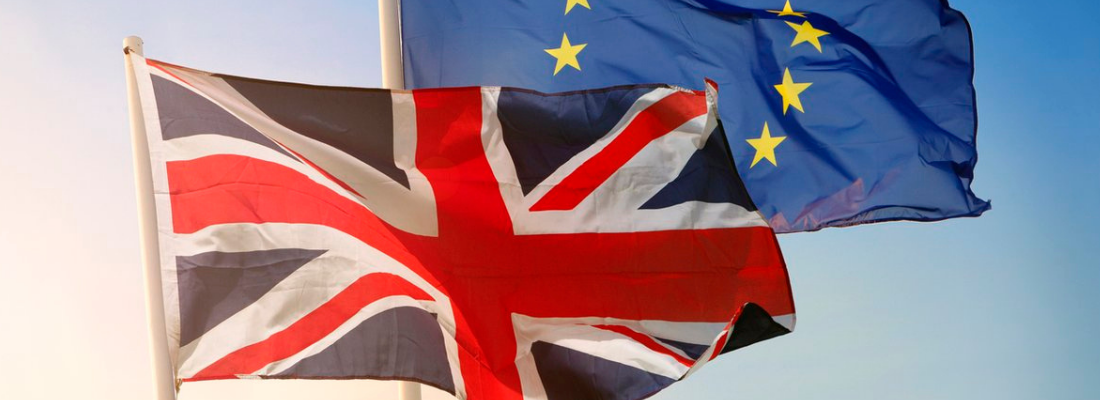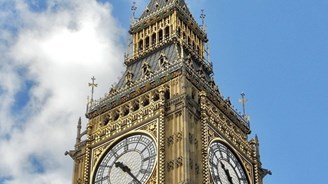Trading after Brexit

The United Kingdom officially left the European Union (EU) on 31 January 2020 and the 11-month transitional period ended on 1 January 2021. There are important changes businesses must now make in order to continue trading with the EU.
Great Britain (England, Wales and Scotland) is no longer subject to EU VAT legislation. Northern Ireland remains subject to EU VAT legislation in respect of transactions involving goods, but not for services.
VAT changes
Acquisitions (purchases of goods from EU member states) are treated as imports. A new system, Postponed Accounting, has been introduced and applies to imports received from all over the world, with some exceptions such as low-value consignments. The system is intended to mitigate the cashflow disadvantage posed by paying import VAT upfront and waiting to reclaim it in a later VAT return. Under the new system, import VAT can be deferred and declared to HMRC in the VAT return for the period of importation. The VAT can be reclaimed in the same return subject to the normal rules for reclaiming input tax.
Dispatches (zero-rated sales of goods to business customers in EU member states) are treated as exports. Exports are zero-rated, provided certain conditions are met.
Distance sales (sales of goods to non-business persons in the EU) are also treated as exports. The EU distance-selling regime and thresholds no longer apply to UK suppliers.
Customs changes
The UK now operates a full, external border with the EU. New border controls on imports from the EU to Great Britain are being introduced in stages, with customs declarations for goods which are not controlled being delayed until 30 June 2021.
Customs Duty
From 1 January 2021, new rates of Customs Duty for imports apply where the UK has not agreed a trade deal with a particular jurisdiction. These are set out in the ‘UK Global Tariff’. The UK and the EU reached a trade agreement that, in principle, means trade in goods between the UK and the EU will be tariff-free. Visit GOV.UK to check the tariffs that apply to different categories of imported goods.
Act now
Some practical actions for businesses to take now include:
- Obtain a free Economic Operator Registration and Identification (EORI) number, which will be required when trading with the EU post Brexit.
- Decide whether to use an agent freight forwarder to help with making customs declarations. Read guidance outlining the services they can provide.
- If you buy goods from the EU, check whether those goods are ‘controlled’ and ascertain which declarations are required and when they will need to be made.
- Check the UK Global tariff to see the rate of Customs Duty that is likely to apply to the goods you import.
Decide whether to use the Postponed Accounting system and defer import VAT and familiarising yourself with the procedure for declaring the deferred import VAT on the VAT return.




